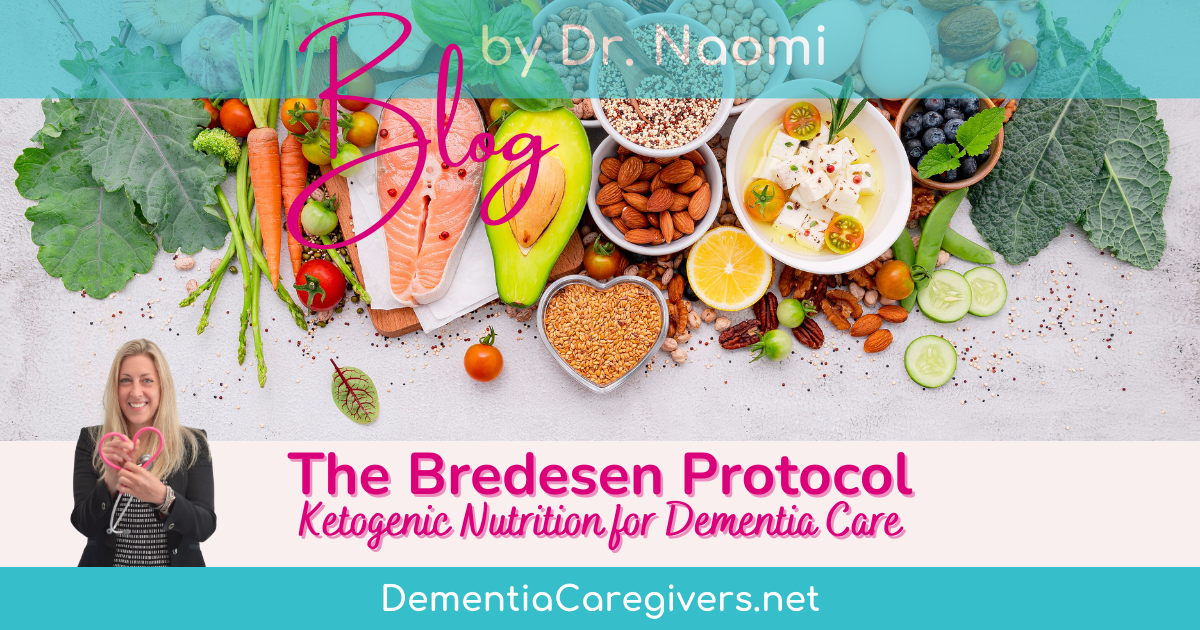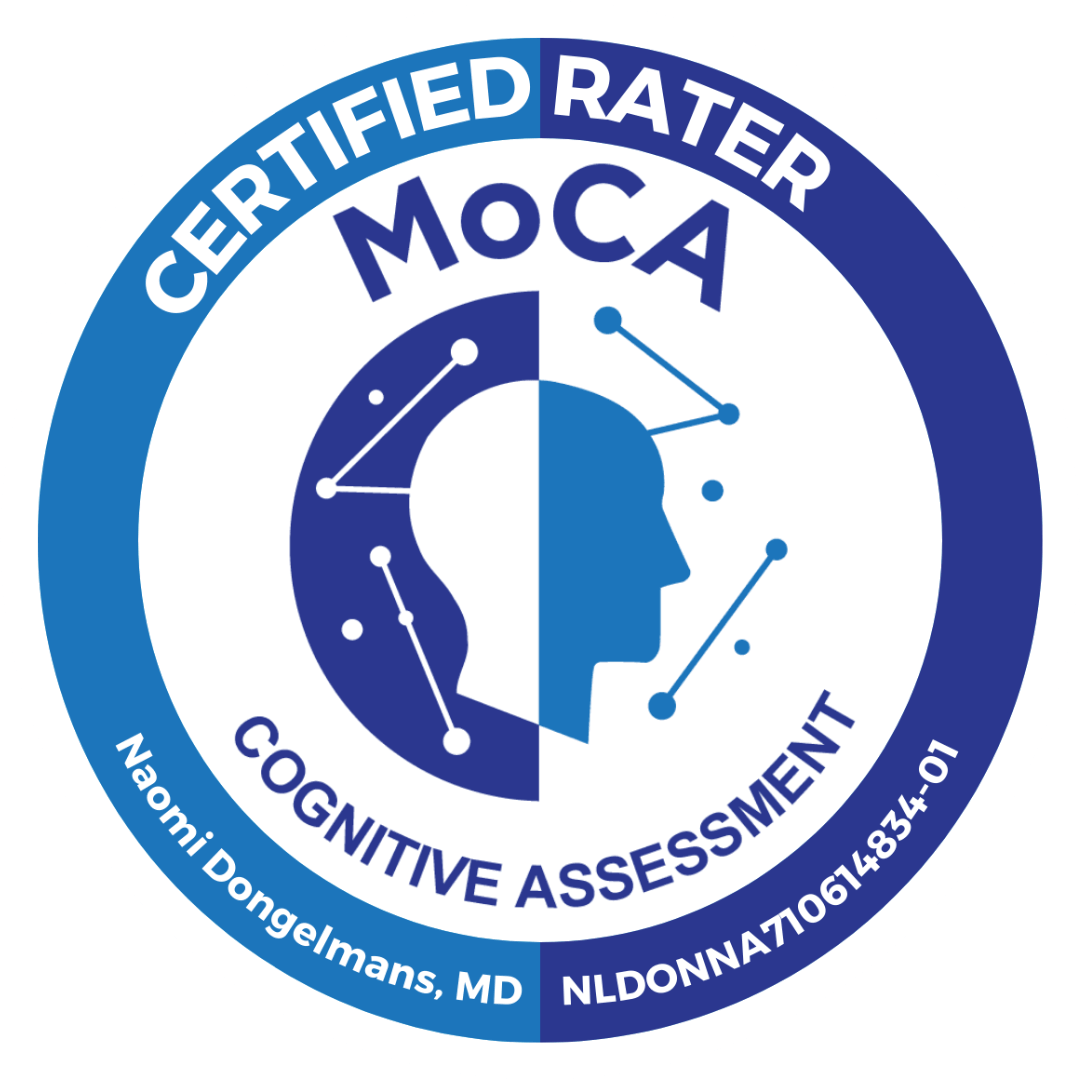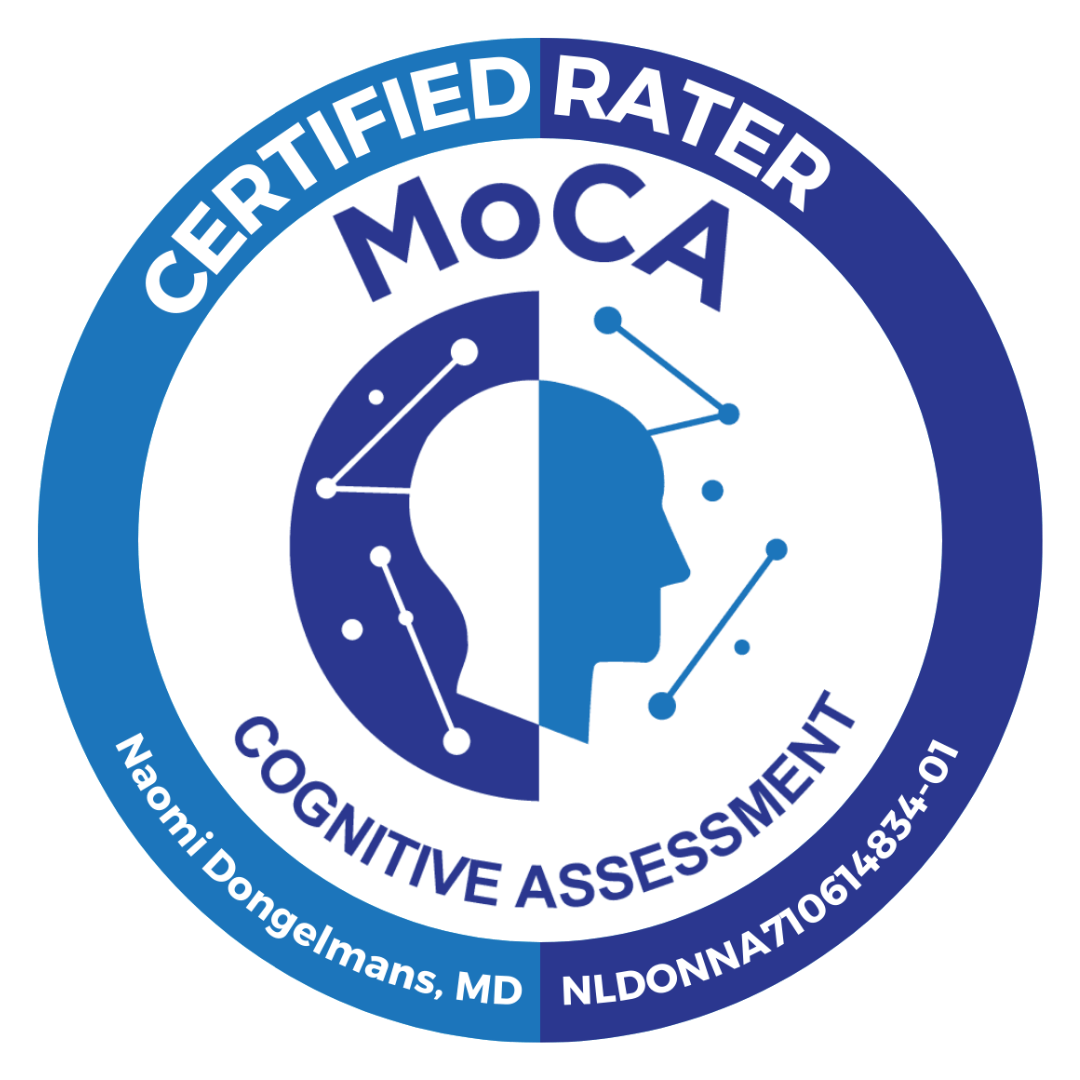
The Bredesen Protocol
Ketogenic Nutrition for Dementia Care
Understanding the Bredesen Protocol
The Bredesen Protocol, developed by Dr. Dale Bredesen, is gaining recognition for its potential in addressing cognitive decline and Alzheimer's disease. It revolves around a comprehensive approach, including diet, lifestyle, and targeted supplements. Here, we'll focus on the dietary aspect, especially the ketogenic element.
Ketogenic Nutrition for Brain Health
Ketogenic nutrition is at the core of the Bredesen Protocol. This diet involves a significant reduction in carbohydrate intake, replaced by healthy fats. The goal is to shift the body's primary energy source from glucose to ketones, which are produced when the body breaks down fats.
Benefits of a Ketogenic Diet for Dementia Care
Enhanced Brain Function: Ketones provide a more stable and efficient fuel source for the brain, potentially improving cognitive function and clarity.
Reduced Inflammation: Ketogenic diets are known for their anti-inflammatory effects, which can be particularly beneficial as chronic inflammation is linked to cognitive decline.
Improved Insulin Sensitivity: By reducing carbohydrate intake, ketogenic diets can help regulate blood sugar levels and enhance insulin sensitivity, a crucial factor in brain health.
Weight Management: Ketogenic diets may aid in weight management, which is essential as obesity is a risk factor for dementia.
Practical Tips for a Ketogenic Diet in Dementia Care
Consult a Healthcare Provider: Before making significant dietary changes, consult a healthcare provider, especially if your loved one has pre-existing medical conditions.
Gradual Transition: If your loved one is not accustomed to a ketogenic diet, transition gradually to avoid discomfort.
Choose Healthy Fats: Focus on sources of healthy fats like avocados, nuts, seeds, olive oil, and fatty fish. Avoid trans fats and excessive saturated fats.
Limit Carbohydrates: Keep carbohydrate intake low, primarily from non-starchy vegetables. Minimise refined sugars and grains.
Moderate Protein: Protein intake should be moderate. Too much protein can be converted into glucose, which might hinder ketosis.
Hydration: Ensure your loved one remains well-hydrated. Adequate water intake is essential, especially on a ketogenic diet.
Supplements: Depending on individual needs, consider supplements like omega-3 fatty acids, MCT oil, and vitamin D, which can complement the diet.
Regular Monitoring: Regularly monitor your loved one's progress, including cognitive function, weight, and overall well-being. Adjust the diet as needed.
Making Nutrition Simple and Enjoyable
While the ketogenic approach within the Bredesen Protocol offers promising potential, it's essential to make meals enjoyable and accessible for your loved one. Here are some tips:
Variety: Include a variety of foods to ensure a broad spectrum of nutrients. Experiment with recipes to keep meals interesting.
Texture: Be mindful of texture. Some dementia patients may prefer softer or smoother textures, so adapt recipes accordingly.
Colourful Plates: Incorporate colourful vegetables to make meals visually appealing.
Meal Timing: Stick to regular meal times to establish a routine.
Assistance: Provide support during meals if needed, ensuring a safe and pleasant dining experience.
Remember that each person's response to dietary changes can vary. What's most important is maintaining your loved one's overall health and well-being. Always consult with healthcare professionals for personalised guidance.

















